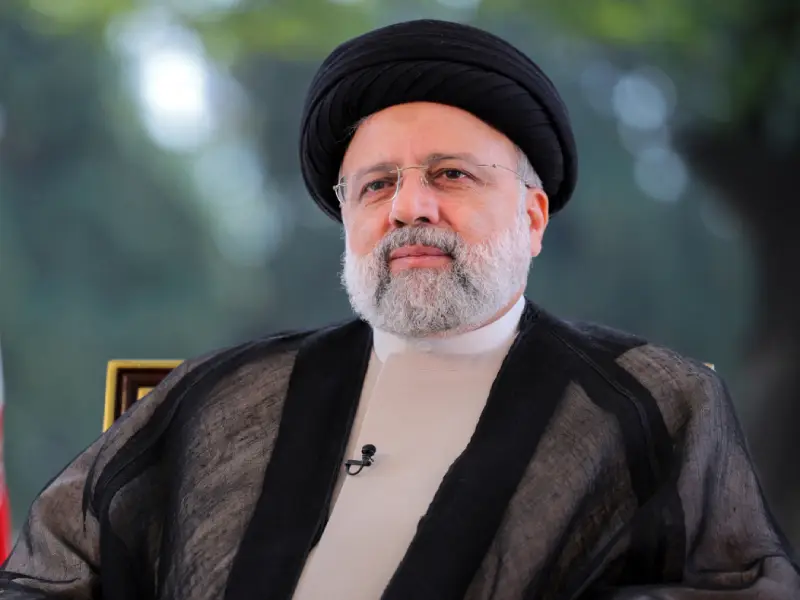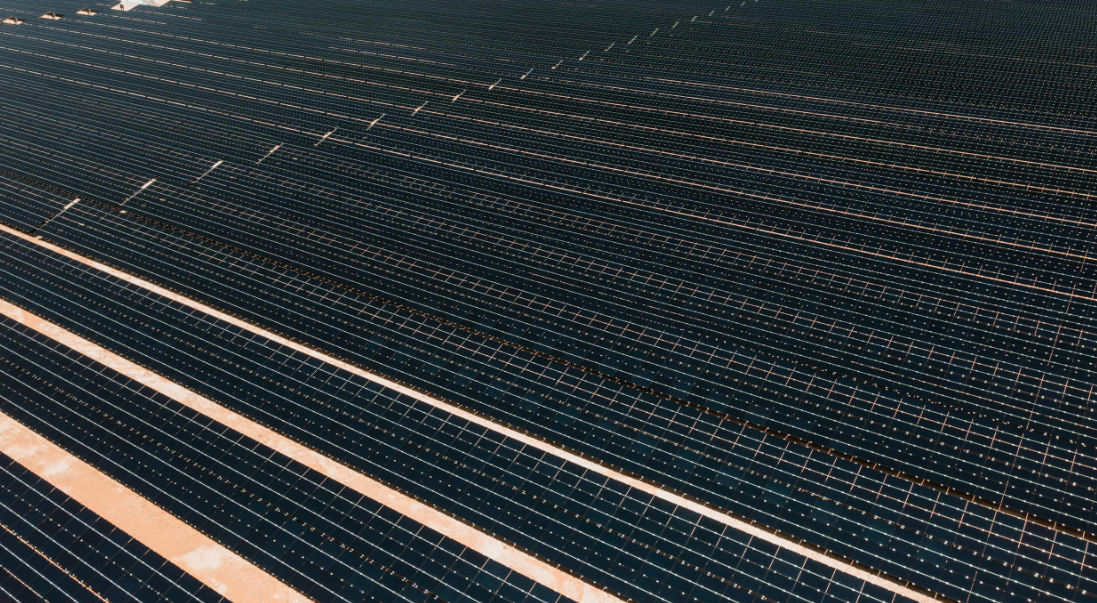Early Life and Education
Ebrahim Raisi, born on December 14, 1960, in Mashhad, Iran, is a prominent Iranian political figure and cleric. Raised in a religious family, Raisi pursued his early education in religious studies, eventually enrolling in the Qom Seminary, one of the most prestigious institutions for Shia Islamic scholarship. Under the mentorship of influential clerics, Raisi honed his knowledge in Islamic jurisprudence and philosophy, which set the foundation for his future career.
Judicial Career
Raisi’s judicial career began in the early 1980s, shortly after the Iranian Revolution. He quickly rose through the ranks, holding various positions within the judiciary. His career is marked by his appointment as the Deputy Prosecutor of Tehran in the mid-1980s, followed by his role as the Prosecutor of Tehran from 1989 to 1994. Raisi’s tenure in these positions was characterized by his hardline stance and strict enforcement of Islamic laws.
In the late 1980s, Raisi was involved in the notorious 1988 executions of political prisoners in Iran. This incident, often referred to as the “1988 Massacre,” remains a contentious and dark chapter in Iran’s history. Raisi’s alleged role in the death commissions that oversaw these executions has been a source of significant controversy and criticism from human rights organizations worldwide.
Political Rise
Raisi’s political influence grew as he was appointed to several key judicial positions, including the First Deputy Head of the Judiciary in 2004. In 2014, he became the Attorney General of Iran, further consolidating his power within the judicial system.
In 2016, Raisi was appointed as the custodian of Astan Quds Razavi, a powerful religious and economic foundation that manages the Imam Reza shrine in Mashhad. This position provided him with significant influence and control over vast financial resources, further boosting his political clout.
Presidential Campaigns
Raisi first ran for the presidency in 2017, positioning himself as a principled conservative advocating for economic and social justice. Despite his high-profile campaign, the incumbent president, Hassan Rouhani, defeated him. However, his strong showing in the election made him a prominent figure in the conservative camp.
In 2021, Raisi ran for the presidency again, with the backing of Iran’s Supreme Leader, Ayatollah Ali Khamenei, and other key conservative factions. His campaign focused on combating corruption, improving economic conditions, and upholding Islamic values. Raisi won the election by a significant margin, becoming the eighth President of the Islamic Republic of Iran on August 5, 2021.
Presidency
Raisi has faced numerous challenges as president, including a struggling economy exacerbated by international sanctions, the COVID-19 pandemic, and ongoing tensions with Western countries. His administration has sought to strengthen ties with neighboring countries and other non-Western powers while maintaining a firm stance on Iran’s nuclear program and regional policies.
Raisi’s presidency has also been marked by continued concerns over human rights and political freedoms in Iran. His administration has been criticized for handling protests and dissent, with allegations of crackdowns and suppression of opposition voices.
Achievements and Controversies
Throughout his career, Ebrahim Raisi has been a polarizing figure. His supporters praise him for his commitment to Islamic values, anti-corruption efforts, and his focus on social justice. They view him as a steadfast leader dedicated to upholding the principles of the Islamic Republic.
Conversely, his critics highlight his role in the 1988 executions and his involvement in the judiciary’s harsh treatment of political dissidents and activists. Human rights organizations have repeatedly called for investigations into his past actions and accountability for alleged human rights abuses.
Helicopter crash:
Ebrahim Raisi died on May 19, 2024 (age 63 years), in Dizmar Forest, Khoda Afarin County, Iran. Iran’s President Ebrahim Raisi and Foreign Minister Hossein Amirabdollahian have been confirmed killed after the helicopter they were traveling in crashed in poor weather.
The bodies of the people aboard were found on Monday morning, some hours after their helicopter crashed in Iran’s northwestern region, state media reported. The accident challenges the country’s senior leadership as Iran sits in heightened regional and global tensions centered on the war in Gaza.
Courtesy: Aljazeera
Conclusion
Ebrahim Raisi’s journey from a young seminary student to the president of Iran is a testament to his enduring influence and determination. Significant achievements and controversies have marked his career, reflecting Iranian politics’ complex and often contentious nature. As he navigates his presidency, Raisi’s actions and policies will continue to shape Iran’s future and its place on the global stage.










